9, December 2021
Africa Cup of Nations: Questions and doubts remain with month to go until kick-off in Cameroon 0
One month today Cameroon and Burkina Faso are slated to get the Africa Cup of Nations underway, probably in Yaounde even if doubts remain over the host nation’s ability to stage the tournament.
Up to 40 Premier League players could be involved. And as the UK adds much of the African continent to its travel red list following the spread of a new coronavirus variant the word could is doing a lot of lifting.
There are still too many doubts and questions around a tournament that may impact Arsenal and Chelsea severely but see Tottenham Hotspur continue unchanged.
So here is an explainer of the key dates, what still needs to happen to make it a reality and for how long players from your club are likely to be absent.
How long does the tournament last?
The final is scheduled for February 6 in Yaounde, meaning a player who goes all the way could end up missing seven club fixtures should he have to report for duty on December 27, which is the date currently stipulated by FIFA.
That’s pretty much two weeks before the tournament starts. Is there a chance of players being given permission to join up later?
Yes. This is a work in progress with clubs negotiating late releases with respective national teams. Some clubs, including Arsenal and Chelsea, are hopeful that they can keep their players until a week before the tournament kicks off, with Chelsea and Liverpool particularly keen on that possibility considering the title hopefuls face each other on January 2. Senegal, for whom Edouard Mendy and Sadio Mane will be star men, play their opening game on January 10, ditto Hakim Ziyech’s Morocco with Mohamed Salah’s Egypt a day later.
Which clubs will be impacted most?
It is perhaps easier to say who will not be without a key player. Four Premier League teams – Tottenham plus Leeds, Newcastle and Norwich – will not have anyone reporting for duty. Watford could be worst hit with five members of Claudio Ranieri’s squad in contention and next worse off could be Arsenal and Crystal Palace. Mikel Arteta may be without Pierre-Emerick Aubameyang (Gabon), Mohamed Elneny (Egypt), Thomas Partey (Ghana) and Nicolas Pépé (Ivory Coast) for the duration, with Patrick Vieira contemplating the absence of Jordan Ayew (Ghana), Cheikhou Kouyaté (Senegal), Jeffrey Schlupp (Ghana) and Wilfried Zaha (Ivory Coast).
Is there a chance they will not go at all because of the Omicron variant?
Unlikely but not impossible. The situation will need to worsen further but it is worth taking note of the warning statement sent by the European Clubs’ Association last week relating to their “deep concerns” around player welfare and their desire to work with FIFA to “ensure all necessary precautions are in place to protect players and club interests” as the health situation “continues to deteriorate in an alarming manner”.
On the other side the CAF head of communications, Alex Siewe, told BBC Sport on Tuesday that there has been no mention of a postponement. “We can’t keep spending time dealing with rumours,” he said. “We did not receive any other message or information from our leaders – nothing such as changing of dates or countries. We did not discuss such during all our last meetings. We are on site. We are working.”
If Cameroon was added to the red list, players would need to be quarantined for 10 days upon their return but, going off the rules for last month’s international break, they would be allowed special permission to train and play games.
Reports suggest there is still a lot of work to be done?
It seems that way. FIFA’s secretary general Fatma Samoura has taken a hands-on role in recent weeks due to stadiums and facilities being behind schedule. There are meant to be six grounds in use but CAF have not confirmed the exact status.
So what happens if they fail to get things ready?
No deadline has been specified and there have been whispers of moving the show elsewhere – possibly to Qatar. But that poses another long list of logistical questions and at the beginning of this week former CAF technical director Abdel Moneim Shatta suggested that it could simply end up being cancelled in a TV interview.
Source: Football.London
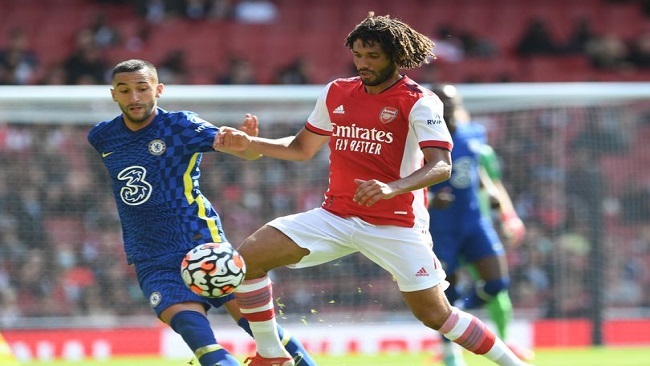
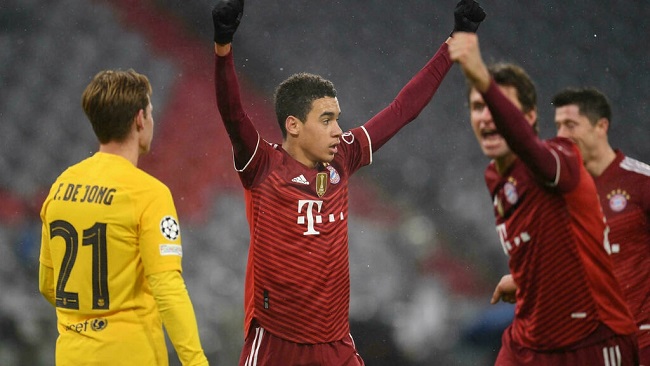
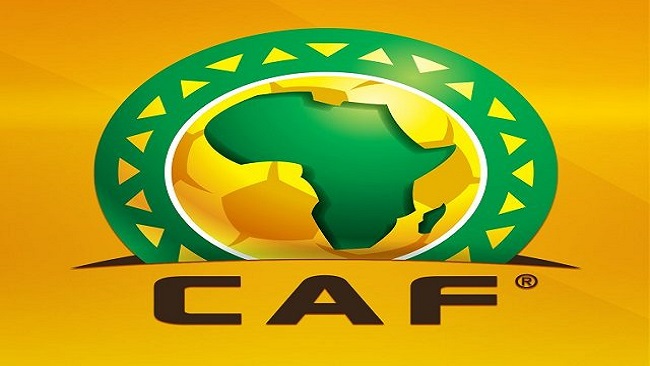
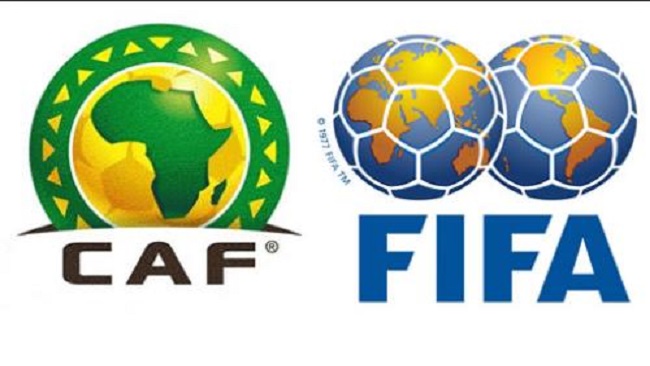

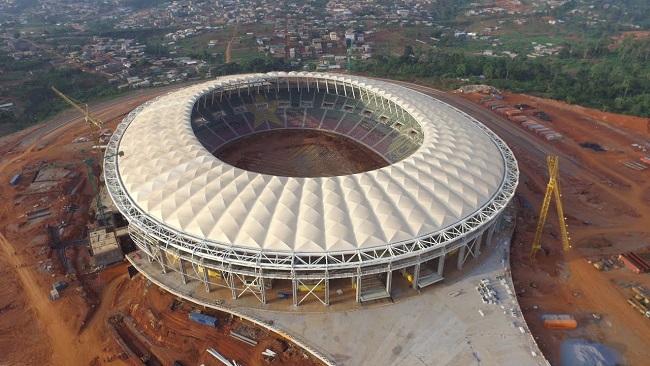
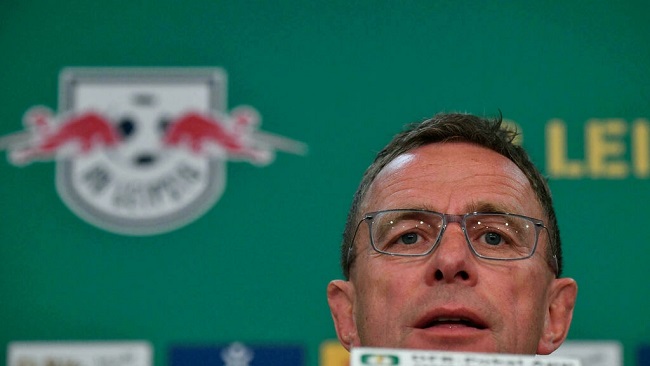

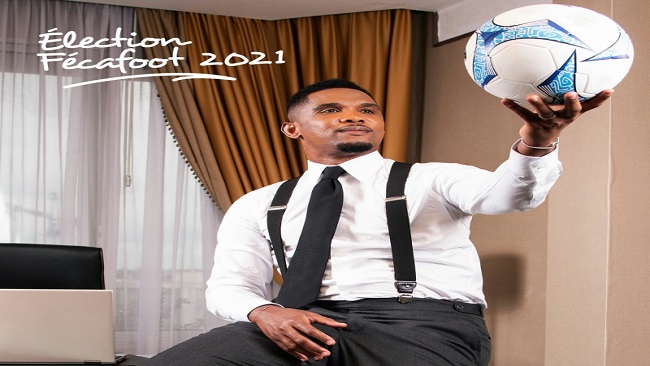












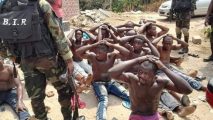





10, December 2021
Postpone the AFCON in Cameroon due to the Southern Cameroons crisis 0
Africa’s most prominent soccer championship, the Africa Cup of Nations (AFCON), has twice been pushed forward.
The first postponement was because Cameroon was deemed unprepared to host the games, and the second was because of the COVID-19 pandemic.
The Confederation of African Football (CAF) — Africa’s soccer governing body — is now being asked if the escalating violence in the country’s Anglophone regions poses too great a threat to spectators and team safety.
A vicious civil war has been raging in Cameroon’s English-speaking areas, whose people make up 20% of the Central African country, since September 2017.
The clashes are between Cameroonian government forces and armed separatist groups.
Parties on both sides of the conflict committed widespread human rights violations in 2020, including extrajudicial or summary executions and mass murders in Cameroon’s Anglophone regions, a report by Human Rights Watch found.
There are now mounting calls to delay the AFCON competition until the warring parties call for a ceasefire and enter peace negotiations.
Can matches be played in Anglophone regions?
According to the AFCON fixture, 24 qualifying teams are scheduled to play matches in six venues across Cameroon.
Limbe stadium is in the Anglophone zone, Bafoussam stadium is near its border, and the others, located in majority-French-speaking regions (Yaounde, Douala, and Garoua) may also be vulnerable to attacks.
In 2021, the Anglophone conflict witnessed an escalation in improvised explosive devices (IED).
There have also been several explosions outside the Anglophone regions, with officials holding separatist groups responsible for the blasts.
In particular, Yaounde saw IED explosions which injured civilians in June, July, August, and November 2020.
There is a real risk of such attacks in all AFCON venues, especially in Limbe.
Although Limbe is one of the few relatively quiet towns in the Anglophone regions, two bomb attacks during the African Championship of Nations football tournament in January 2020, one of which injured police officers, highlights the city’s vulnerability.
An armed separatist group called the Fako Action Forces (FAF) claimed responsibility for at least one of those IEDs. Moreover, the same group has recently been active in Buea, the capital of the Southwest Region and close to Limbe.
Last month, FAF claimed an IED attack on the University of Buea which injured 11 students. They also killed a driver for defying the separatists’ Monday stay-at-home- “ghost town” orders, which have been in place for five years.
CAF under pressure
Given the increasing attacks on civilians, the Confederation of African Football may come under pressure to postpone the tournament until President Paul Biya’s regime attends peace talks.
Moreover, during AFCON, the deteriorating security situation would pose risks to players on and off the pitch.
The Cameroon authorities allegedly wish to host AFCON because of its status this will confer on them, on the continent and beyond.
Many believe that President Biya hopes to win the favor of young Cameroonians by staging the matches. Yet, the games may also offer an opportunity for young Cameroonians to express their frustration with the country’s human-rights abuses.
The Cameroonian government has consistently responded to peaceful protests with violence and military action, losing support and driving more youth to take up arms.
Biya, 88, has been in power since 1982.
International election observers routinely condemn Cameroon’s elections for lacking legitimacy.
Human rights watchdogs accuse his forces of behaving with impunity, targeting unarmed civilians in the Anglophone regions, burning villages, and causing over 700,000 people (out of 6 million people living there) to flee into the bush or elsewhere in the country. Tens of thousands more are in exile in neighboring Nigeria and beyond.
When sports mix with politics
This controversial AFCON is not the first time sporting events have become sensitive politically.
In the 1970s, protests greeted the cricket team of repressive apartheid South Africa when it went on tour.
The Soviet invasion of Afghanistan led the USA and other countries to pull their athletes from participation in the 1980 Moscow Olympics.
Politics overshadowed the 2008 Beijing Olympics due to China’s human-rights violations, brutal crackdown on Tibet, and initial refusal to support sending peacekeepers to stop a genocide in Darfur.
The upcoming 2022 Beijing Olympics is under scrutiny due to China’s mistreatment of its Uyghur minority.
Cameroon security services recently conducted anti-terrorism simulation exercises, including a mock attack on a stadium, but the shadow of the 1972 Munich Olympics, where the Palestinian group Black September murdered 11 Israeli athletes, hangs over any proposed AFCON soccer games.
The fact that the country needs to practice these simulations begs the question: Why is the Confederation of African Football allowing AFCON to take place in an insecure environment and under the authority of a government committing crimes against humanity against its citizens?
For the sake of AFCON and the sake of suffering Cameroonian citizens, the Confederation and the Cameroonian government should think carefully about the safety and morality of hosting the Africa Cup of Nations in January in Cameroon.
Source: DeutscheWelle